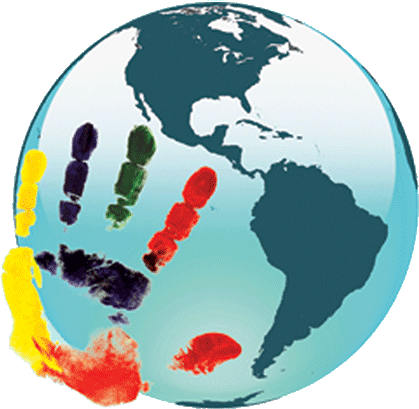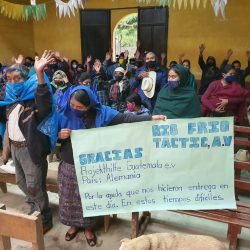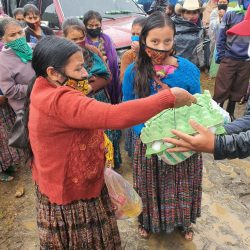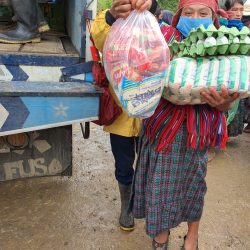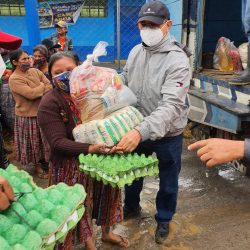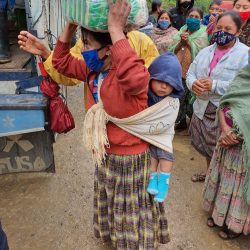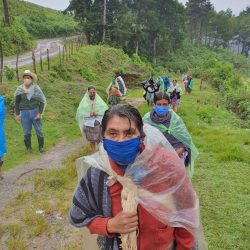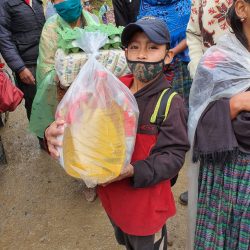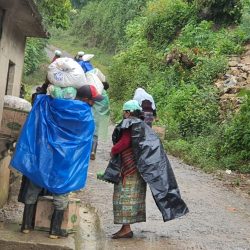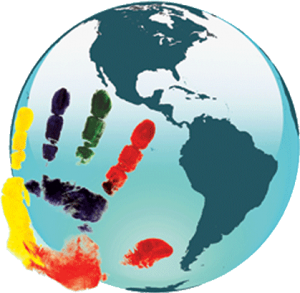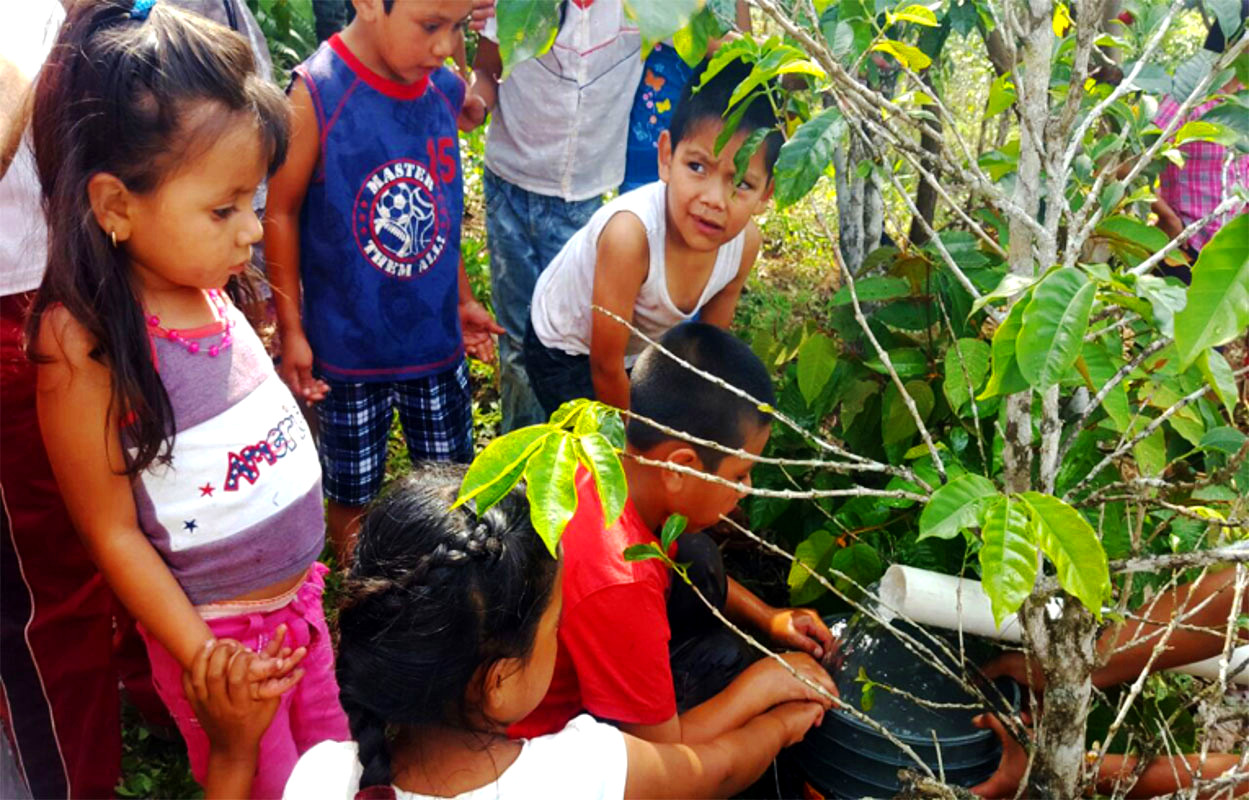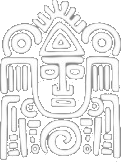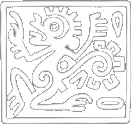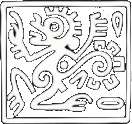Where and why do we operate?
Our area of focus is San Cristobal, Alta Verapaz, in the rural highlands of Guatemala, 1393 metres above sea level.
The area covers 192 square kilometres, with about 50,000 inhabitants living in 54 communities.
The Mayas `Poconchies´ represent 83% of the population, the `Ladinos´ represents 15% and the `Qeqchíes´ represent the remaining 2%. 70% of the population live without electricity and commonly lack basic provisions, like, running water, sanitation facilities and roads. About half of the men work for large landowners. They only earn around €2 each day and live with their families in cramped housing.
The children of Guatemala particularly suffer from the supply shortage of basic necessities. 80% of Guatemalans live below the poverty line and two thirds of them live in extreme poverty.
The indigenous population of Guatemala come from Mayan descent. They often have no possessions, such as housing, and live in conditions of extreme poverty. They are still excluded from any political influence, education and health care.
Land ownership in Guatemala is managed unfairly. It has one of the worst systems in the whole of Latin America.
States and big corporations steal, the already limited, natural resources from the country. It results in the eviction of hundreds of thousands of indigenous people and members of other ethnic minorities, so that mining, plantation and dam projects can be carried out.
Furthermore, thousands of indigenous people are exploited each day for their labour. They work without legal regulations, meaning that safety measures are ignored. It means that their wages are also unregulated, allowing corporations to pay the workers at a very low rate, barely allowing them to survive. If the workers try to claim their intitled rights they are quickly dismissed.
